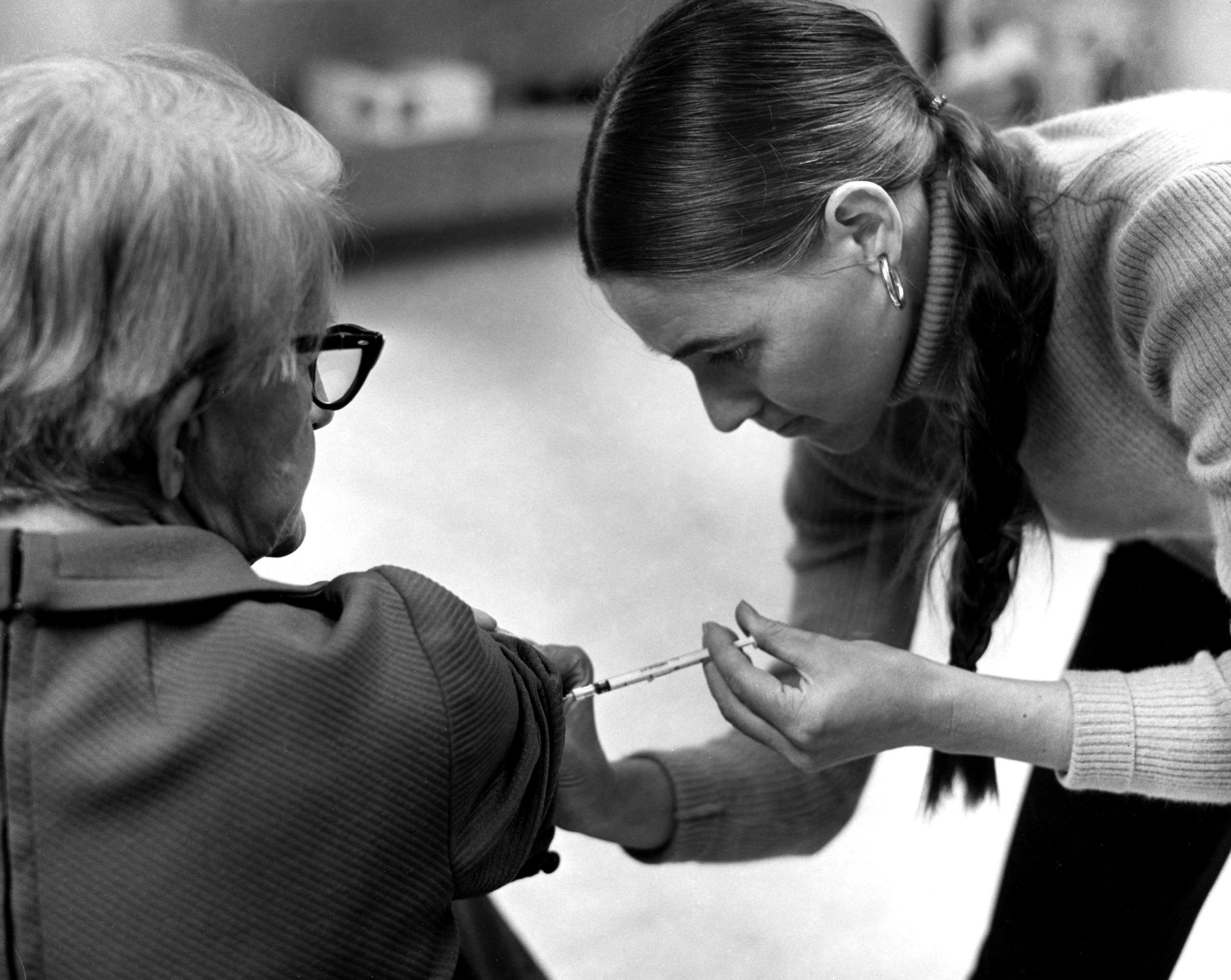Denmark lacks nurses. As a result, many hospitals across the country are unable to run at full capacity. For example, without enough nurse anesthetists, it’s becoming increasingly common for surgeries to be postponed.
In addition, many Danish nurses choose to work in Norway where the pay is better.
You would think that Denmark would welcome international nurses with open arms. Not quite.
Despite several years of experience working at a respected hospital in the USA and speaking fluent Danish, the National Patient Safety Agency has twice refused to let US citizen Kate O’Hare work as a nurse in Denmark, reports TV2.
The reason is that her education in the USA included a shorter internship than the one in Denmark.
Real life work doesn’t count
“I have fewer hours of practice than a Danish nurse from my education. But in return I have 10,000 hours of independent work as a nurse,” said O’Hare.
She wonders why more than 10,000 hours of extra work experience cannot offset the approximately 1,000 fewer hours during her internship as part of her US education.
“It’s strange, because in Danish society we have to find a solution to the problems of the healthcare system where we lack so many nurses and doctors,” O’Hare said.
Leaving Denmark is an option. Her Danish husband is a doctor at Roskilde Hospital. Together, they are now considering moving from their home in Virum to the US, where they can both work in the healthcare system without any problems.
Boss at hospital wonders
The couple are not the only ones wondering what is going on.
At one of the hospitals where O’Hare would like to apply for a job, they also do not understand why the experienced nurse has been rejected.
Head nurse Jytte Hykkelbjerg Bruhn from the cardiology department at Roskilde Hospital is surprised there is no easier solution than starting over on the training, which could make it possible for the Danish hospitals to employ the American nurse. Right now, she lacks seven or eight nurses in her ward.
“If I myself were sent such a CV, and we had advertised a position, I would immediately hire her, because she is used to looking after patients,” Bruhn told TV2.
The health minister, Sophie Løhde, says there’s a taskforce on the way with recommendations for how the issuance of working permits can run more smoothly.
“We have a lot of trouble and issues, which means there are some groups of nurses and doctors, among others, currently facing a system where a lot of walls have been put up. We will soon address solutions,” she told TV2.















